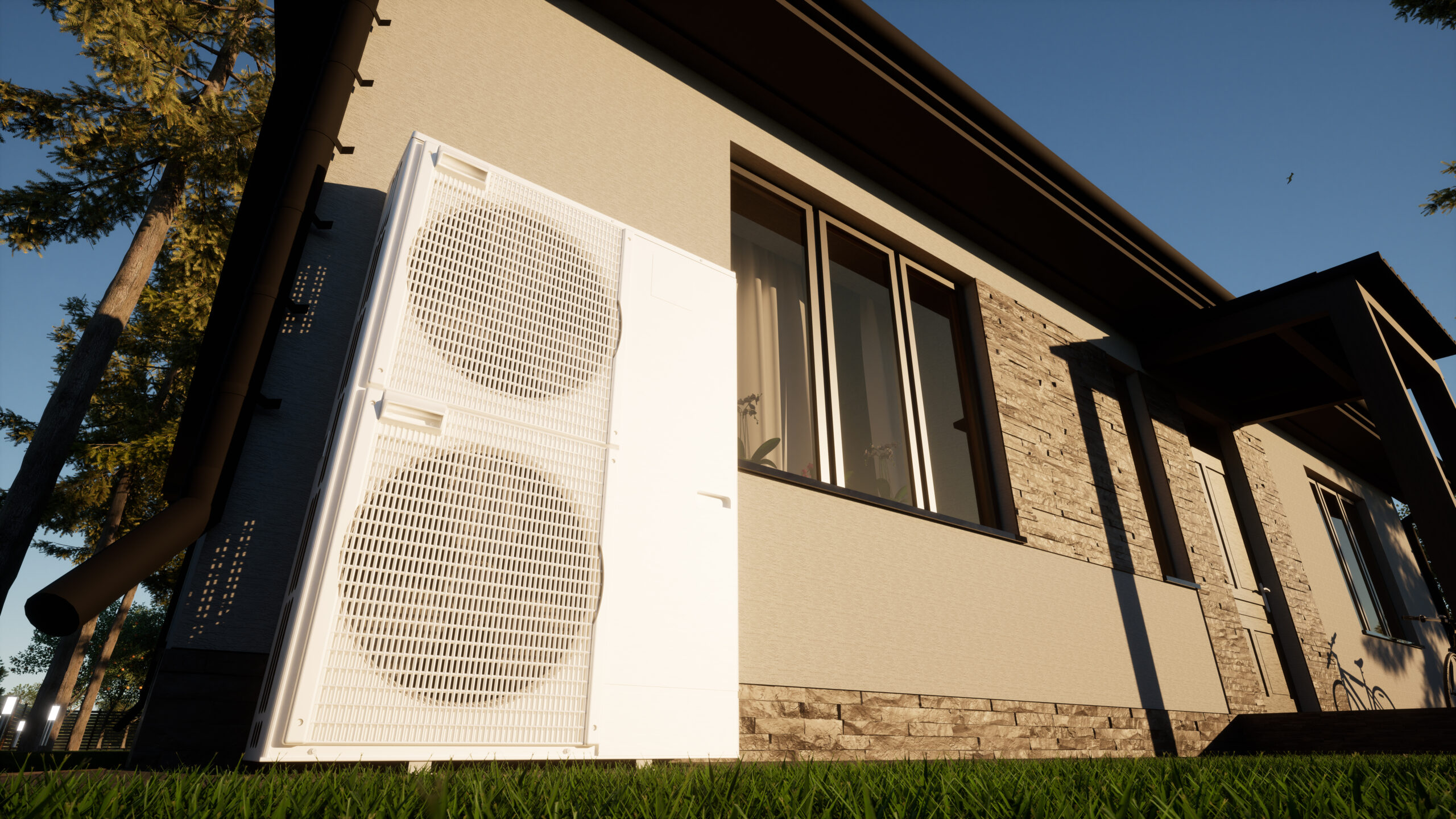When it comes to heating your home, there are various options to choose from, with heat pumps and furnaces being two popular choices. Understanding how each system works and the advantages and disadvantages they offer can help you make an informed decision about which heating system is best suited for your needs. In this blog post, we will compare heat pumps and furnaces, explaining how they work and highlighting the pros and cons of each.
How Heat Pumps Work
Heat pumps work by transferring heat from one location to another using a refrigerant cycle (click HERE for a deeper dive into heat pumps). During the colder months, a heat pump extracts heat from the outdoor air or ground and transfers it into your home to provide warmth. In the summer, the process is reversed, and heat is removed from inside your home and released outside to cool your space.
The key components of a heat pump include a compressor, a condenser, an evaporator, and a refrigerant. The compressor circulates the refrigerant, which absorbs and releases heat as it moves through the system. The evaporator absorbs heat from the air, which is then compressed and released in the condenser to heat or cool your home.
Advantages and Disadvantages of Heat Pumps
Advantages:
- Energy Efficiency: Heat pumps are known for their energy efficiency, as they do not generate heat but rather transfer it. This can result in lower energy bills and reduced carbon footprint.
- Dual Functionality: Heat pumps can provide both heating and cooling, eliminating the need for separate systems and offering year-round comfort.
- Safety: Heat pumps do not involve burning fuel, which reduces the risk of carbon monoxide poisoning and fire hazards commonly associated with furnaces.
Disadvantages:
- Performance in Extreme Cold: Heat pumps may struggle to provide sufficient heat in extremely cold climates, as the efficiency of the system decreases with lower outdoor temperatures.
- Initial Cost: The upfront cost of purchasing and installing a heat pump can be higher than that of a furnace, although long-term energy savings can offset this initial investment.
How Furnaces Work
Furnaces operate by generating heat through the combustion of fuel (such as gas or oil) or through electric resistance heating. The produced heat is then distributed throughout your home via ductwork and vents. Furnaces are designed to provide consistent, reliable heat, making them a popular choice for colder climates.
There are different types of furnaces, including gas, oil, and electric. Gas furnaces are the most common and use natural gas as the fuel source. Oil furnaces burn oil to produce heat, while electric furnaces use electricity to create warmth.
Advantages and Disadvantages of Furnaces
Advantages:
- Heating Power: Furnaces are known for their ability to provide strong, consistent heat, making them ideal for cold climates and large spaces.
- Cost-Effective: Furnaces are generally more affordable to purchase and install compared to heat pumps, making them a cost-effective option for those on a budget.
Disadvantages:
- Energy Efficiency: Furnaces are typically less energy-efficient than heat pumps, as they consume fuel or electricity to generate heat, resulting in higher energy bills.
- Environmental Impact: Furnaces that use fossil fuels can contribute to air pollution and carbon emissions, making them less environmentally friendly compared to heat pumps.
Choosing between a heat pump and a furnace depends on various factors such as climate, energy efficiency, upfront costs, and personal preferences. While heat pumps offer energy efficiency and year-round functionality, furnaces provide strong, reliable heat output at a lower initial cost. By understanding how each system works and considering their advantages and disadvantages, you can make an informed decision to ensure optimal comfort and efficiency in your home. Still have questions? Patriot Heating, Plumbing and Air can help! Whether it’s questions, concerns, or you need repairs or maintenance, we’re here for you! Get in touch!

